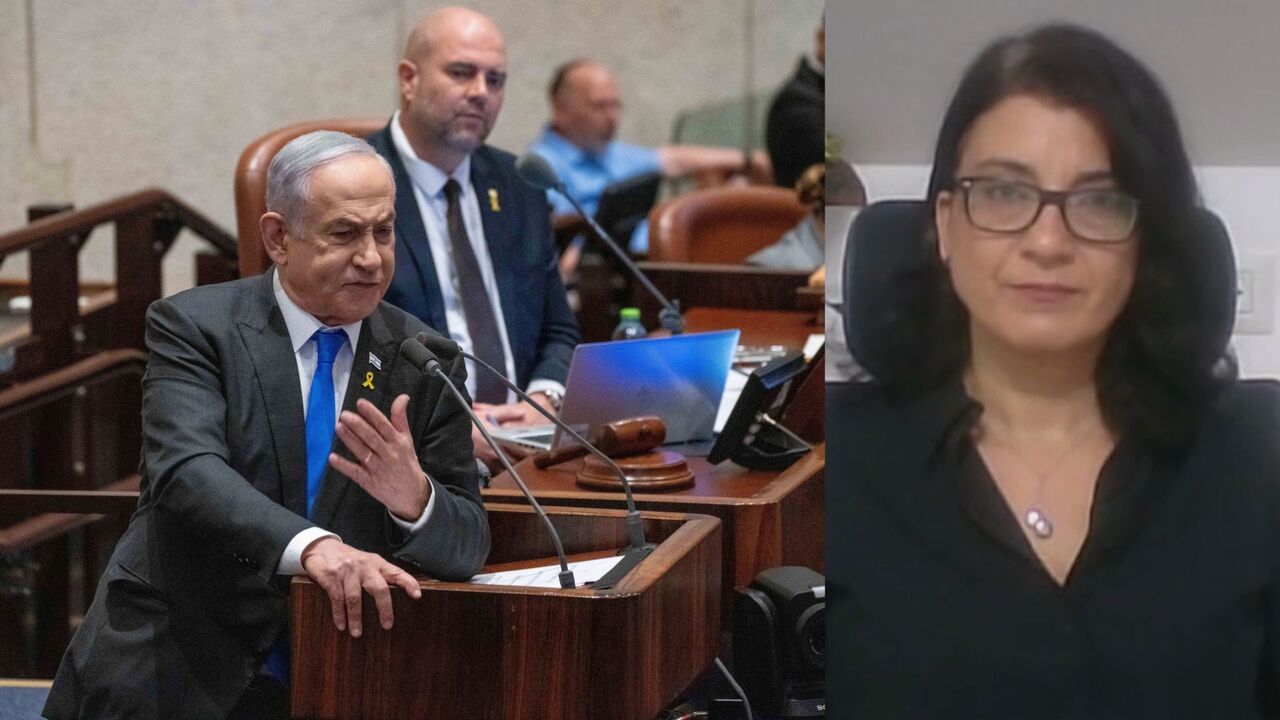Jerusalem – Recent legislation passed by the Knesset, Israel’s parliament, has sparked international controversy after an international lawyer condemned the laws as part of what they describe as an “institutionalised apartheid” system. The lawyer’s statement has ignited renewed global scrutiny and calls from human rights advocates for further investigation into Israel’s legal treatment of Palestinians and minority communities within its borders.
The laws, passed over recent months, are seen by critics as bolstering restrictive measures targeting Palestinian citizens and residents. Proponents argue the legislation is necessary for national security and cohesion, though it has drawn concern from both international and domestic human rights organizations who argue that the laws erode democratic principles and deepen social divides.
Background on the Knesset’s Recent Laws
Some of the recently passed laws establish restrictions on Palestinian residents’ movement, housing, and land rights, drawing concerns from advocates who argue these measures disproportionately target Palestinian communities. The legislation also includes measures viewed as limiting political participation and rights of assembly for minority groups. While supporters say these laws are aimed at preserving Israel’s security and social fabric, opponents believe they represent a troubling shift toward increased marginalization of Palestinians and other minorities.
Lawyer’s Accusation of ‘Institutionalised Apartheid’
The lawyer, whose statement has been widely circulated in legal and human rights circles, argues that these laws align with international definitions of apartheid, particularly under the Rome Statute of the International Criminal Court, which defines apartheid as systematic oppression by one racial group over another. “What we are witnessing is a step-by-step implementation of a legal framework that enforces inequality,” the lawyer stated, adding that the laws impose limitations on basic freedoms and create distinct, unequal legal standards for Palestinian and minority communities.
The lawyer also emphasized that the laws compromise human rights and democratic norms, pushing Israel toward an institutionalized form of segregation. These claims echo findings from several human rights groups, including Amnesty International and Human Rights Watch, which have previously documented what they describe as apartheid-like policies in Israel.
Israeli Officials Deny Apartheid Claims
Israeli government officials have rejected the apartheid allegations, insisting that the legislation is necessary to address Israel’s unique security challenges. In a statement, a government spokesperson argued that the laws serve to maintain national stability and protect citizens, not to disenfranchise any particular group. “Israel remains a democratic state with protections for all citizens, including minority groups,” the spokesperson said. “These laws are not about discrimination but about ensuring a safe and secure society.”
The officials further contend that comparisons to apartheid disregard Israel’s complex security landscape and the country’s need to balance civil rights with protective measures.
Domestic and International Reactions Intensify
The lawyer’s statement has sparked significant reaction from the international community, with organizations such as Amnesty International supporting the call for an investigation into what they say is an entrenched system of inequality. “These laws signal a shift toward institutionalizing discrimination,” Amnesty’s Middle East representative noted, calling for immediate intervention from international bodies.
Inside Israel, the new laws have also faced opposition from civil society groups and members of Israel’s minority communities, who argue that the legislation threatens democratic freedoms and deepens societal divisions. Activists have staged demonstrations and are actively seeking legal channels to challenge the laws in Israel’s judicial system, which has historically played a balancing role in debates over citizens’ rights.
Legal and Diplomatic Ramifications
Human rights experts warn that these laws may place Israel under heightened international legal scrutiny. Some suggest that the new legislation could prompt investigations by global legal institutions, as well as diplomatic discussions within the United Nations and European Union, potentially leading to economic and political pressure on Israel.
For now, the Knesset’s laws remain in effect, but the backlash underscores growing tensions in Israel and its relations with the global community over issues of human rights and equality. As debate intensifies, both supporters and critics of the legislation agree that the coming months will be pivotal for Israel’s domestic policies and its international standing.
The Times of Israel, Haaretz, The Jerusalem Post, BBC News, Al Jazeera, Amnesty International,





